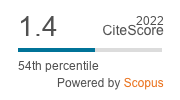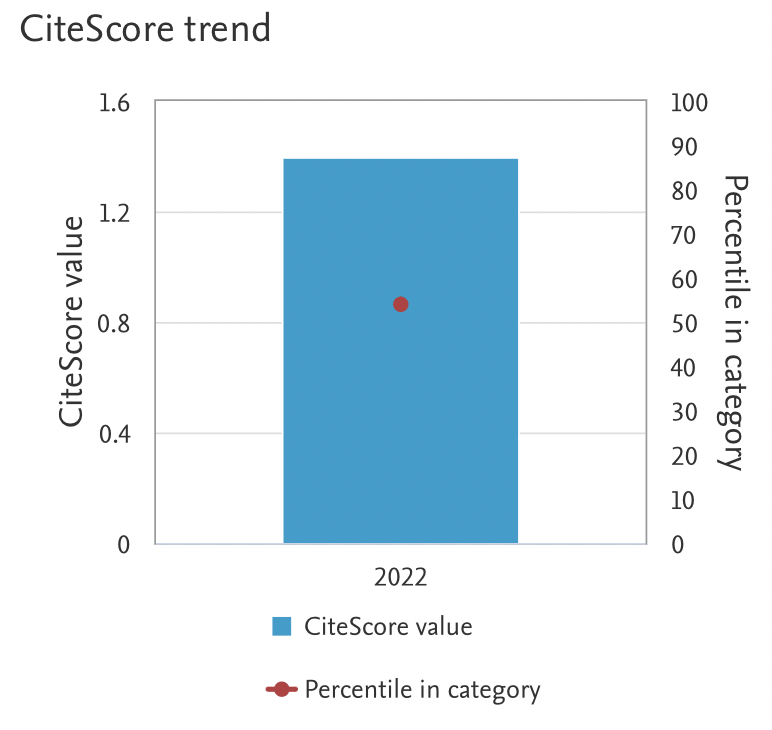Molecular Docking of Phytochemicals from M. Charantia Targeting SARS-CoV-2 Main Protease
DOI:
https://doi.org/10.37934/araset.47.1.152165Keywords:
Molecular docking, COVID-19, Binding affinity, Molecular interactions, InhibitorsAbstract
Coronavirus Disease 2019 (COVID-19) is a transmittable disease caused by severe acute respiratory coronavirus 2 (SARS-CoV-2). The outbreak of the disease has affected the world in a negative manner. The development and on-going vaccination efforts has reduced the mortality rate in people with existing comorbidities and lowered virus transmission rate. However, there are still the needs for prescribed medicines that can be consumed by COVID-19 infected persons. Momordica charantia L. has been used in traditional medicines to treat various diseases including anti-diabetic and cancer. Pharmacological studies on Momordica charantia L. revealed that the plant stored many useful phytoconstituents that might be exploited for producing drug compounds to treat COVID-19. Nowadays, computational-aided drug methods are widely used in drug discovery process as it requires minimal compound design and improve the development pipeline. In this study, molecular docking of five phytochemicals from Momordica charantia L. were carried out against SARS-CoV-2 main protease (Mpro). The results obtained revealed that some of the phytochemicals showed a better dock score compared to the drug molnupiravir. Based on the dock score and the medicinal properties of each compound, it is suggested that these compounds can be further studied for potential drugs against COVID-19.
















